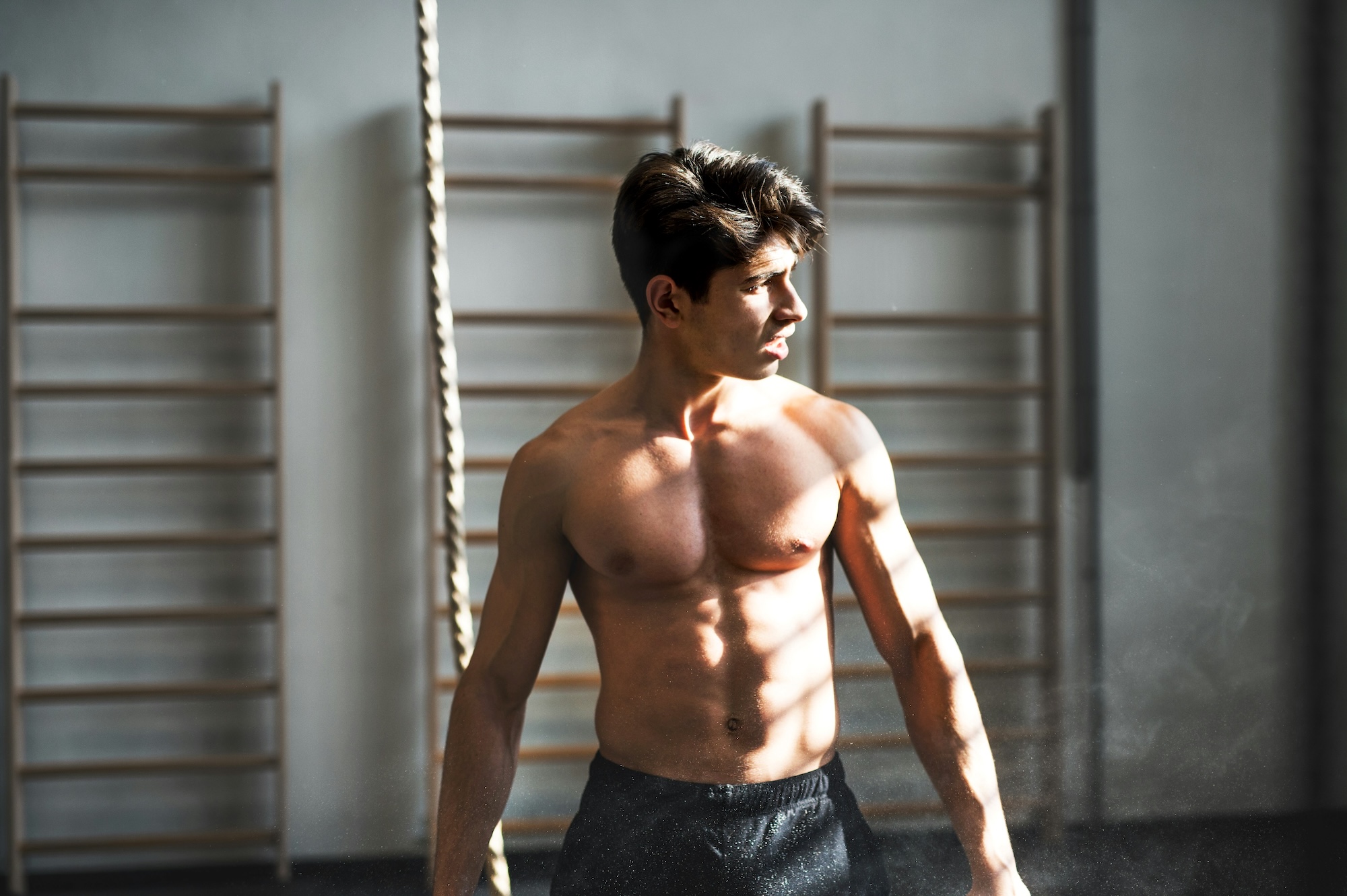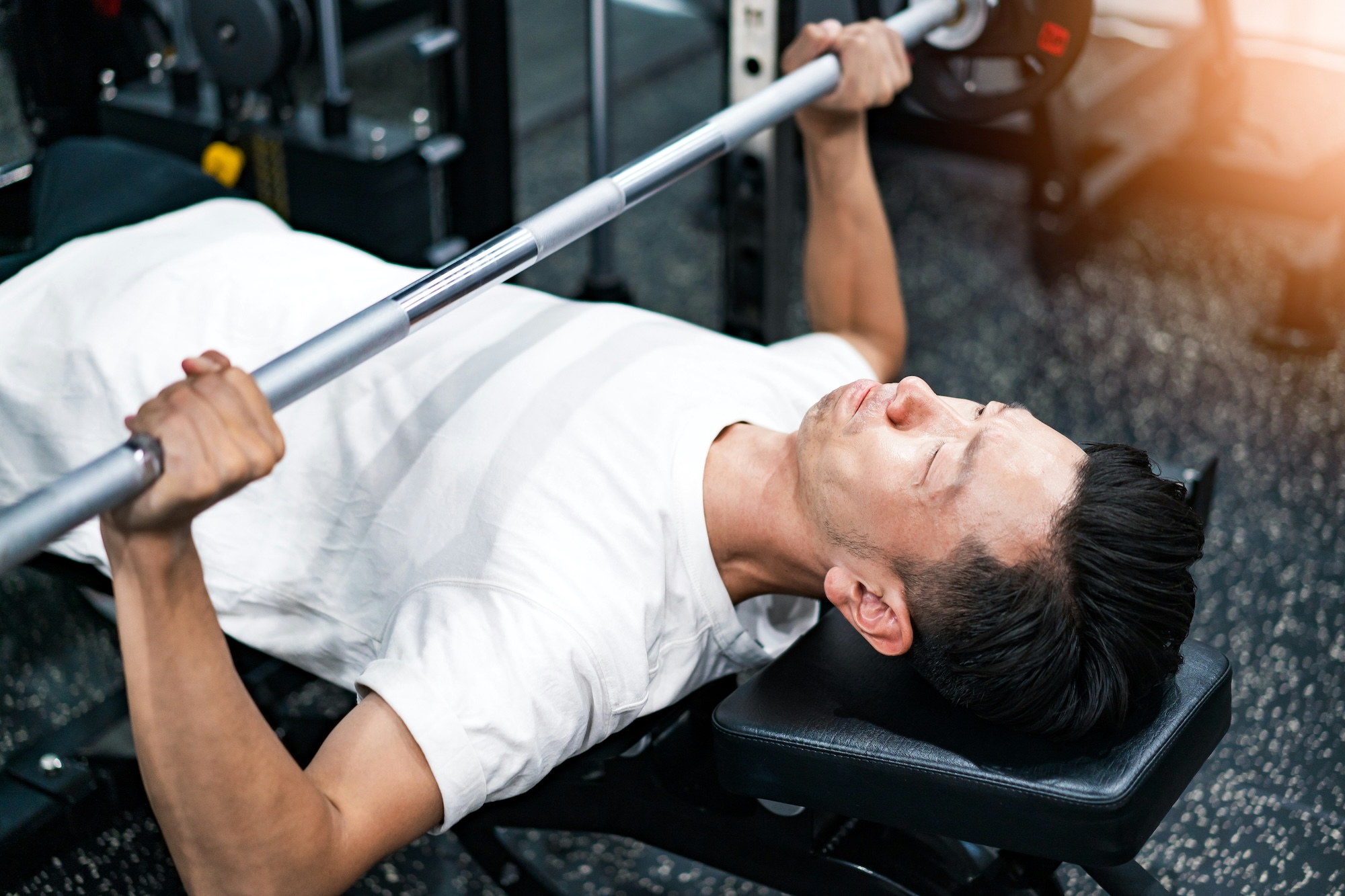Your age shouldn’t be an excuse for living a sedentary lifestyle
Photo by Andrea Piacquadio/Pexels
Hippocrates, the father of Western medicine, believed that it was walking—not laughter—that is the best medicine.
This message has clearly been lost over time, with a lot of cultures becoming increasingly sedentary due to many factors, including technology and aging. The latter seems somehow excusable, given that it is perfectly natural for people to decrease physical exertion as they age. Yet there’s a study suggesting we’ve got it wrong: Exercising actually holds back the effects of aging. Certain exercises like riding a bike was found to be effective in staving off signs of aging. Here’s everything you need to know about how staying active can keep you young:
We don’t get more frail as we age
The researchers compared amateur cyclists with healthy adults who did not exercise, and found that it was the cyclists who were healthier. The results of the study showed that between the two groups, the cyclists were better able to preserve their muscle mass and strength with age while maintaining stable levels of body fat and cholesterol. Testosterone levels were also higher among cyclists. These findings disprove the notion that aging automatically means increasing frailty (and that therefore we should stop exercising when we reach a certain age), suggesting instead that a larger part of what makes us frail as we age has less to do with our age in itself, and more with the type of lifestyle (this includes exercise, of course) we’ve been living before we reach old age.
The findings emphasize the fact that the cyclists do not exercise because they are healthy, but that they are healthy because they have been exercising for such a large proportion of their lives
How cycling can keep you young
The anti-aging effects of cycling are most evident in the way they impact the immune system. The researchers thought it remarkable to find that the thymuses (an organ that produces immune cells called T-cells) of older cyclists produced just as many T-cells as those of young individuals given that the thymus normally shrinks by the time a person hits their 20s. All the findings of the research point to the idea that aging shouldn’t stop you from exercising. As professor Janet Lord, one of the researchers, says: “The findings emphasize the fact that the cyclists do not exercise because they are healthy, but that they are healthy because they have been exercising for such a large proportion of their lives.”
Live longer (and healthier)
It is actually inactivity—and not aging per se—that brings about physical limitations and bodily complications when a person hits an older age. People who have been active for most of their lives are allowing their bodies to age optimally. So while there’s still time, we ought to be as active as we can. “Our research means we now have strong evidence that encouraging people to commit to regular exercise throughout their lives is a viable solution to the problem that we are living longer but not healthier,” professor Lord says.













































